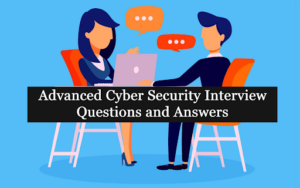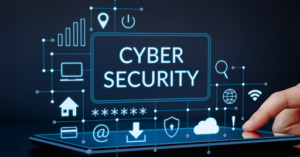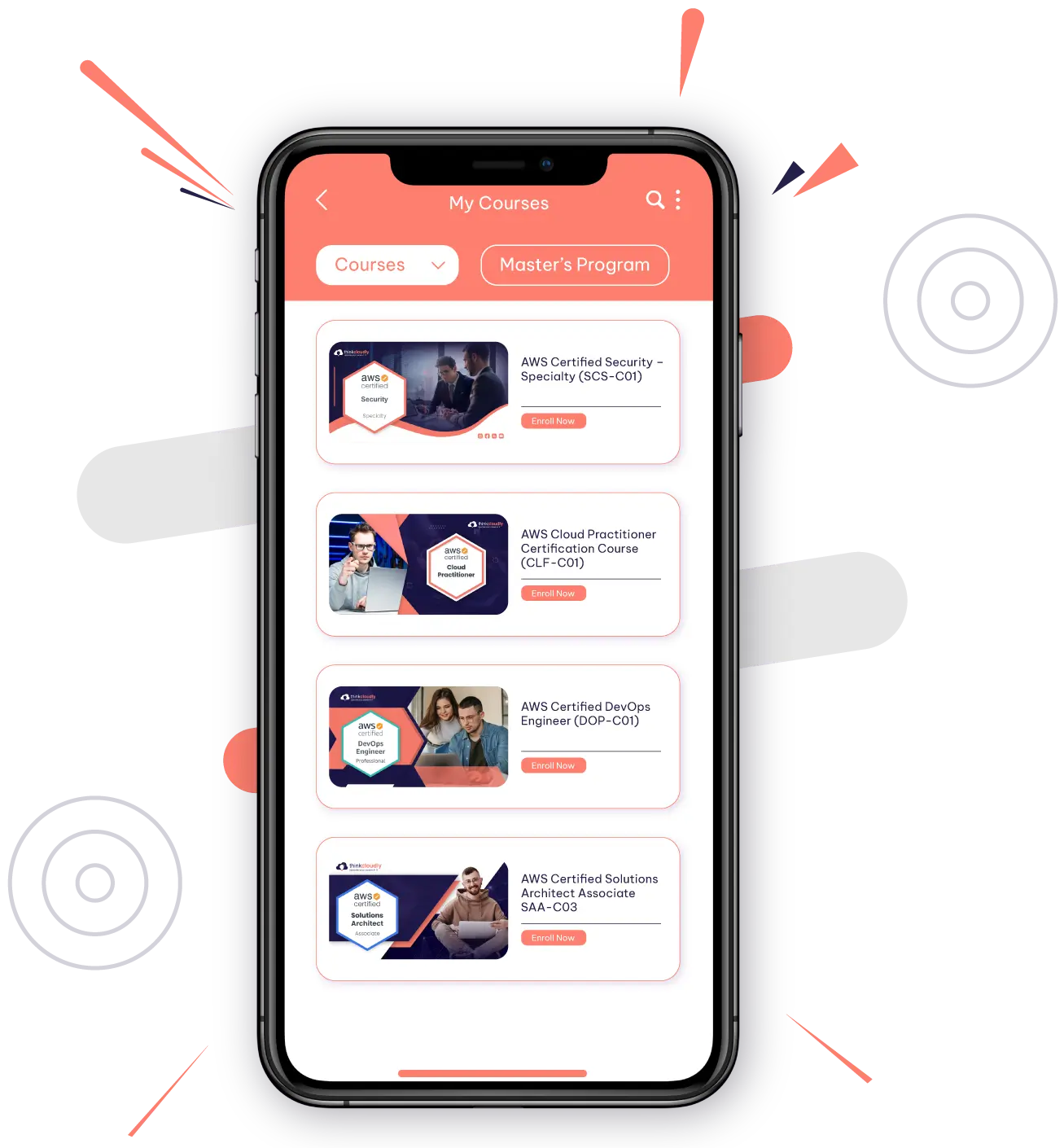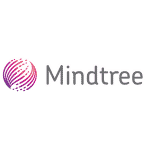Introduction
Walking into the world of cybersecurity needs more than just technical know-how; it demands a strong understanding of foundational concepts and problem solving skills. As a newbie, preparing for cybersecurity interviews can be both challenging as well as exciting. In this blog, we’ll explore 12 of the best cybersecurity interview questions for beginners. These questions are hence designed to examine your grasp of basic concepts, besides your ability to think critically, and your approach to solving security challenges. Whether you’re gearing up for your very first interview or looking to refine your skills, these question banks will help you solve your mock interview questions and revise the basic interview questions which can pave the way for your success in the domain of cybersecurity.

12 CyberSecurity Interview Questions for Beginners
Q1. What is Cyber Security, and Why is it important?
Ans .The preliminary yet important question aims to evaluate your knowledge of the overarching concept of cybersecurity. Provide a crisp definition where emphasise the significance in safeguarding digital systems, networks, and data against cyber threats.
Q2. Differentiate between Malware and Ransomware.
Ans .Demonstrate your understanding of common cyber threats. Define malware as a broader category while encompassing several malicious software and highlight ransomware as a specific type which encrypts files and demands a ransom for decryption.
Q3. What is Two-Factor Authentication (2FA), and Why is it important?
Ans .llustrate your answer with your awareness of authentication methods. Give a brief definition of 2FA as a security process which requires users to provide two different authentication factors, while it also enhances account security by adding an extra layer beyond passwords.
Q4. How does a firewall enhance network security?
Ans .Evaluate your understanding of network security by explaining firewalls. Define them as security barriers while monitoring and controlling network traffic based on predetermined rules, which prevents unauthorised access and securing networks.
Q5.What are the common signs of a phishing email?
Ans .Examine your knowledge of social engineering threats. Mention suspicious sender addresses, unexpected attachments, and requests for sensitive information as signs of phishing attempt.
Q6. How would you secure a wireless network?
Ans .Demonstrate practical knowledge of securing wireless environments. Include enabling encryption (WPA/WPA2), changing default passwords, and implementing MAC address filtering to control access.

Q7.Explain the Principle of Least Privilege (PoLP) ?
Ans .Evaluate your grasp of access control by explaining the PoLP. Define it as the practice of granting users the minimum level of access needed for their job functions, Which minimises the risk of unauthorised activities.
Q8. What steps would you take in response to a security incident?
Ans .Assess problem-solving skills by inquiring about incident response. Cover identification, containment, eradication, recovery, and lessons learned, besides showcasing a systematic incident response plan.
Q9.How does encryption contribute to data security?
Ans .Probe your understanding of data protection by asking about encryption. Explain that encryption transforms data into a coded format, which makes it unreadable without the appropriate decryption key, which ensures confidentiality and integrity.
Q10.What is the role of security patches in cybersecurity?
Ans .Evaluate your awareness of vulnerability management. Define security patches as updates which are designed to fix software vulnerabilities, preventing exploitation by cyber threats.
Q11.Can you name a common cybersecurity framework, and Why is it important?
Ans .Assess familiarity with industry standards by asking about cybersecurity frameworks. Mention frameworks like NIST or ISO/IEC 27001, also highlight their significance in providing a structured approach to cybersecurity risk management.
Q12.How do you stay informed about the latest cybersecurity threats?
Ans .Explore through your commitment to ongoing learning. Mention staying updated through reputable blogs, forums, attending cybersecurity conferences, and participating in relevant professional communities.
Conclusion
Mastering these 12 fundamental cybersecurity interview questions will not only enhance your confidence as a beginner but will also provide a strong foundation for advancing in the cybersecurity domain. Approach each question with immense clarity and confidence, showcase your problem solving skills, and emphasise your commitment to continuous learning. As you navigate through these questions, you’ll not only be well prepared for your interviews but also set the benchmark for a successful journey in the dynamic realm of cybersecurity.












No comment yet, add your voice below!